Sustainable development is a global task that requires collective effort of each country and city. The City has established the Smart City Project Management Office, and linked strategies from each department to accelerate policy progress and integrate resources. Furthermore, promote industry innovative smart solutions via public-private partnership, and connect with international cities to form the Global Organization of Smart Cities. Through this network, create opportunities for inter-city collaboration and exchanges, and actively participate in international conferences in sustainable development and climate adaptation, and initiate Carbon Disclosure Project of the City.
The outcomes of each of these policies have received international recognition. Meanwhile, establish the Taipei City Public Participation Committee to break away from the existing topdown policy-making practices, and conduct participatory budgeting, which allows the direct public participation in the government’s partial budgeting decisions. It increases budget transparency and raises citizenship awareness, and introduces citizens to active participation of public policies and public affairs.
In the future, actively seeking diversified sustainable development partners will be the goal, where sustainable development will be prioritized as the key communication language linking various targets. Through such, sustainable development implementation plans will be strengthened, and the vision of activating global partnership for sustainable development will be realized. Achieve the realization of the vision of economic, environmental and social prosperity.
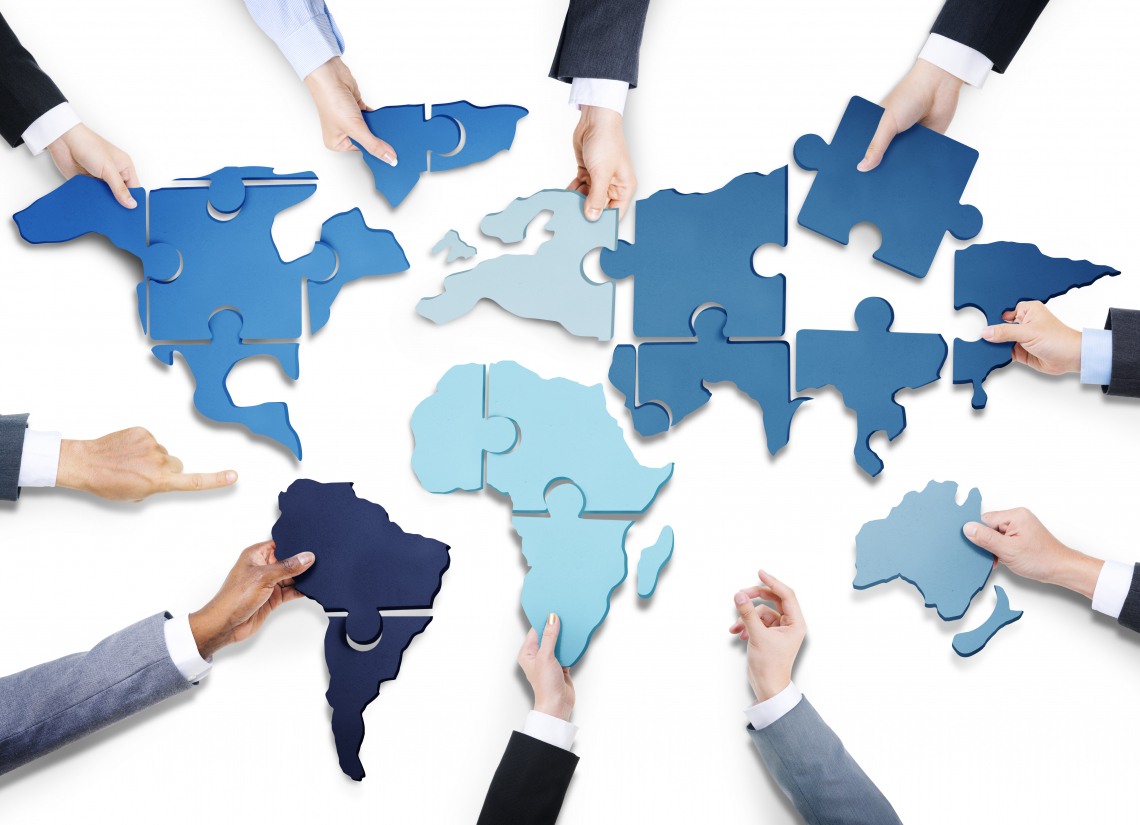
Enhance North-South, South-South and triangular regional and international cooperation on and access to science, technology and innovation and enhance knowledge sharing on mutually agreed terms, including through improved coordination among existing mechanisms, in particular at the United Nations level, and through a global technology facilitation mechanism.

Fully operationalize the technology bank and science, technology and innovation capacity-building mechanism for least developed countries by 2017 and enhance the use of enabling technology, in particular information and communications technology.

Enhance global macroeconomic stability, including through policy coordination and policy coherence.
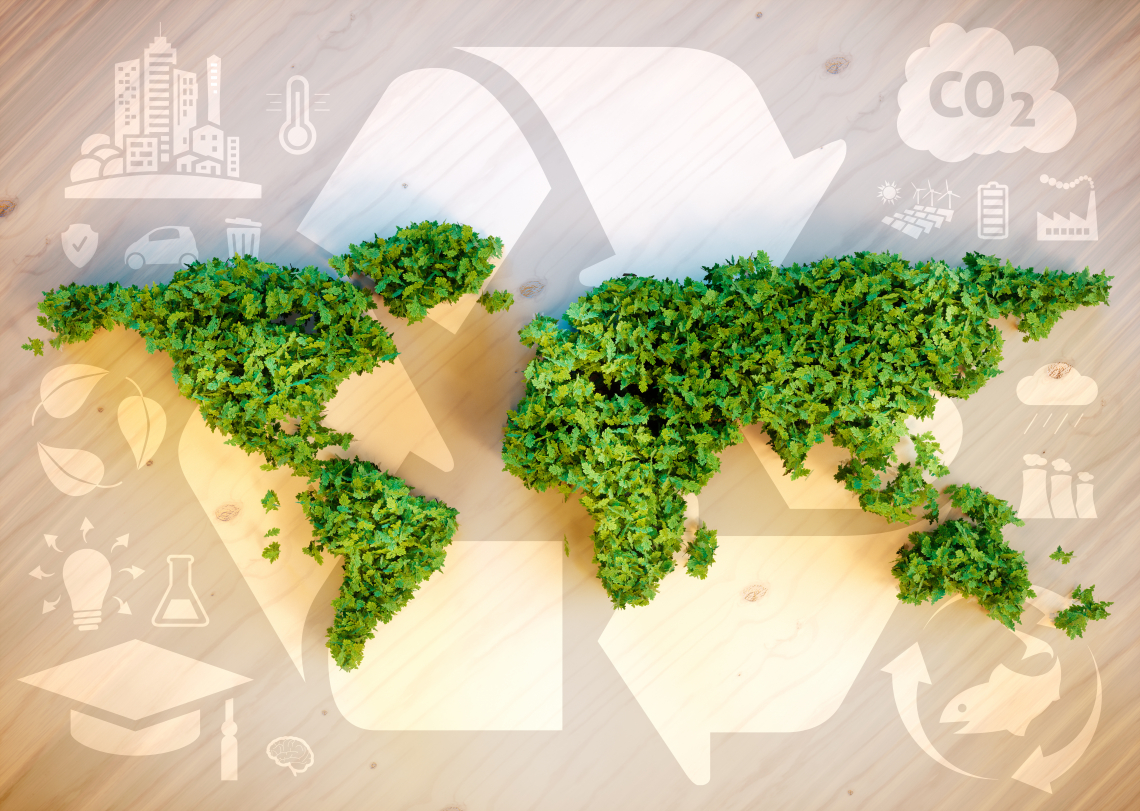
Enhance policy coherence for sustainable development

Enhance the global partnership for sustainable development, complemented by multistakeholder partnerships that mobilize and share knowledge, expertise, technology and financial resources, to support the achievement of the sustainable development goals in all countries, in particular developing countries.
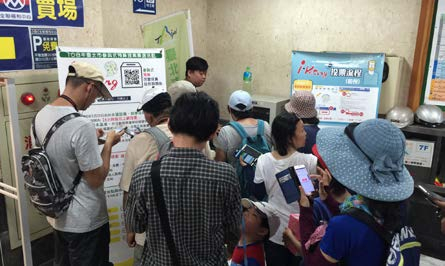
“Taipei Citizen Participation Committee” was established in April 2015 to realize the governance concept of “open government and public participation”. Actively develop relevant plans and promote related matters, from proposalbriefings, resident conferences, proposal review workshops, i-Voting votes to the final implementation stage, all are self-propelled through the public service system, rather thanhandled outside through bidding.
It is hoped that by promoting the participatory budget system, it will arousecivic awareness and guide citizens to generate ideas for public policies and public affairs, and then spontaneously propose better ideas for their own living space and public system, so as to improve the quality of life in Taipei City and better meet the expectations of the public.
Since 2003, taking “Digital City” and “Action Taipei” as the starting policies, active broadband network construction and wireless network application services began. In 2007, with the purpose of “smart city, quality life”, strengthening broadband infrastructure and facilitating municipal services were listed as the key points for promoting smart cities.
Based on the existing development, the City continues to implement the “development of smart city” governance philosophy. “Taipei Smart City Project Management Office ( TPMO )” was established to match different offices with expertise of various backgrounds and assist policy integration, so that the offices can use this platform to connect more easily, accelerate the implementation of governance, and then derive “Top-down” and “Bottom-up” two promotion mechanisms. Through the proof-of-concept ( PoC ) model, it provides the fields and opportunities to assist the industries in promoting innovative smart solutions and producing related smart services. Presently, through public-private partnership and supplemented by the PoC mechanism, more than 170 experimental projects have been promoted.
In addition to actively use innovative technology to improve the quality of life of citizens in order to develop smart cities and assist domestic high-quality smart city industries to develop international cooperation to expand the City's smart city development achievements and to embrace innovation momentum domestically an internationally, the City initiated the launch of GO SMART ( Global Organization of Smart Cities, Global Smart Cities Alliance ) in 2018. After a year of preparation, it was officially established in March 2019, and the local governments from around the world, industries and academic institutions were welcomed to join as members.
GO SMART currently has nearly 200 members, including six municipalities in Taiwan, Japan, Singapore, Hong Kong, Australia, the United Kingdom, France, the Netherlands, the Czech Republic, the United States, Brazil and other countries and cities. The City can strive to enhance global partnerships for sustainable development by matching domestic and foreign public and private energies, provide information exchange for knowledge sharing, professionalism, technology and project funding, and promote breakthroughs. By facilitating project collaboration to break the boundaries of cities, the City can assist all countries and cities to achieve the sustainable development goal.
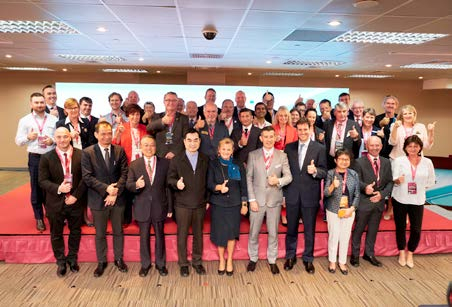
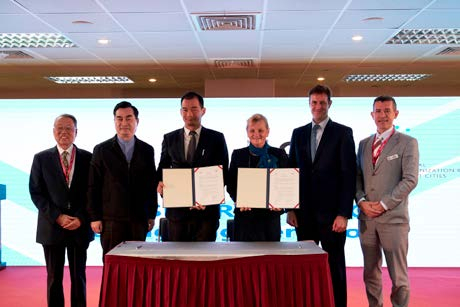
In 2005, the “Urban Environmental Accord” ( UEA ) was signed in San Francisco, the United States. The agreement proposed 21 action plans on 7 major issues: energy, waste reduction, urban design, urban nature, transportation, environmental health and water. To enhance sustainable development of the urban environment. Since 2011, summit meetings have been held every two years to allow members of the alliance to exchange progress and achievements in the implementation of the agreement.
In 2015 and 2017, the City went to Iloilo, Philippines, and Melaka, Malaysia respectively to participate in the Urban Environmental Accord Summit. Further in 2017, the City was awarded the first UEA City Award, advocating the City as the very model city that promotes best practices in green and sustainable measures.
The city had been participating in the International Carbon Disclosure Project ( CDP ) since 2011, and has actively registered the greenhouse gas reduction results every year. In May 2019, the CDP rated for the first time the results of the 2018 disclosure of 596 cities participating in carbon disclosure in the world, only 7 % of the cities were rated A, and the City was one of them, and it was also the only city in Asia that was selected for a dedicated article. In 2019, among the more than 850 cities in the world that participated in carbon disclosure, the City received another A-level evaluation (105 cities were rated A-level), and won the CDP annual carbon disclosure achievement A-level evaluation for two consecutive years.
The promotion of sustainable development of Taipei City and integrating it with the world, to help establish a close partnership with global cities, and build a livable and sustainable city of Taipei. Actively participate in Asia Pacific Cities Summit ( APCS ), CityNet, United Cities and Local Governments ( UCLG ) and its branches ( UCLG-ASPAC ), Global Social Economic Forum ( Global Social Economy Forum, GSEF ) and other international organizations on issues related to sustainability. And during these conferences, actively seek opportunities to announce the City’s efforts in the promotion of sustainable strategies and governance results. Make use of publicity (print, online and social media) channels of each international organization or events to market and promote the City’s sustainable policy results and increase international visibility.